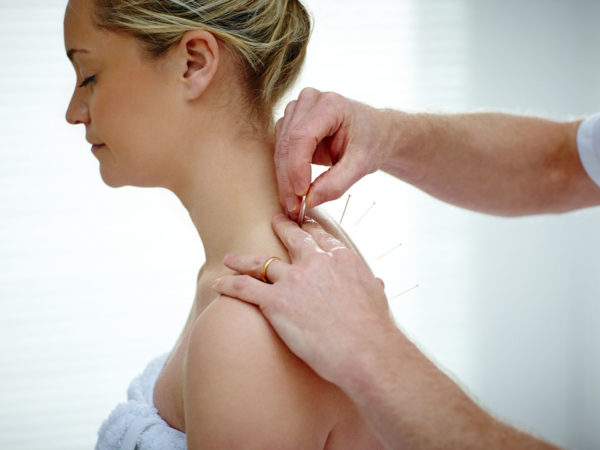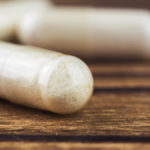Needle Away Pain?
Does acupuncture relieve the pain of arthritis?
Andrew Weil, M.D. | May 23, 2003

Editors Note: As of June 10, 2003 the clinical trial mentioned in this article is full and is closed to new participants. Information about the study can be found at www.compmed.umm.edu.
Yes, it can. Studies so far have shown that acupuncture can help people with osteoarthritis although it doesn’t seem to work for those with rheumatoid arthritis and related auto-immune diseases. In one Scandinavian study 25 percent of arthritis patients who had been scheduled for knee surgery cancelled their operations after acupuncture treatment. And a study at the University of Maryland showed that elderly arthritis patients with knee pain due to osteoarthritis improved significantly when acupuncture was added to their treatment.
Some rheumatologists, the medical specialists who treat arthritis, now offer acupuncture treatment to their patients along with conventional medications. At first, relief may last only a week or less, but over time the effects can become longer lasting and can reduce the need for medication. Although acupuncture doesn’t work for everyone with arthritis, it is worth a try, particularly if other forms of treatment haven’t helped. Some insurance plans now cover the costs when acupuncture is recommended by a physician.
If you live on the East Coast, you might be interested in participating in a clinical trial now recruiting patients to assess the safety and efficacy of acupuncture for knee osteoarthritis. The trial, sponsored by the National Center for Complementary and Alternative Medicine, will take place at sites in Maryland and New York City.
I also suggest reading “The Arthritis Cure“ by Jason Theodosakis, MD, Brenda Adderly, and Barry Fox, PhD. (St. Martin’s Press, 1997) and considering the recommendation to use glucosamine sulfate and chondroitin sulfate. The suggested daily dose is 1,500 mg of glucosamine sulfate with or without 1,200 mg of chondroitin sulfate.
These options are also worth trying:
- Ginger: A natural anti-inflammatory, available as powdered extracts in capsules as well as alcohol-based extracts. Follow the dosing directions on the label. Or make tea by combining one-half teaspoon of grated ginger root with eight ounces of boiling water. Cover and steep for 10 to 15 minutes, then strain and add honey to taste.
- Turmeric: Another natural anti-inflammatory. Look for an extract of whole turmeric, in health-food stores; follow the dosage directions on the label.
- An herbal remedy containing ginger, turmeric and other anti-inflammatory agents.
Andrew Weil, M.D.










